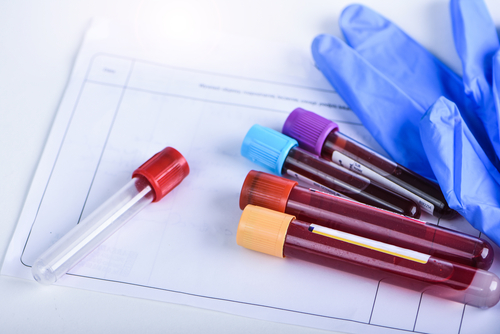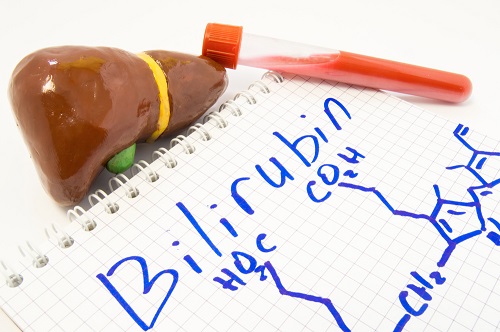What is Diabetes Screening all about?
There are generally four ways this test is performed. These are: A1c test, fasting plasma glucose test, oral glucose tolerance test, and random glucose plasma test. In all of these tests, a blood sample is used for testing the blood sugar or glucose levels in an individual. All of these tests serve the same yet separate purposes.
The A1c test uses the hemoglobins in the blood sample to get an idea of the blood sugar levels of an individual over the past 8-10 weeks.
The fasting plasma test is where a person is required to give their blood sample after fasting for 8 hours or in simpler terms, on an empty stomach.
The oral glucose tolerance test is the same as the fasting plasma test, but the individual is told to consume a sugary drink right before the sample is drawn out.
The random plasma glucose test is where a sample is taken randomly regardless of the individual’s state of stomach.
Should I be screened for diabetes?
A screening test is advisable if you have any of the symptoms of diabetes, such as frequently needing to urinate, increased thirst or persistent lethargy.
Diabetes screening tests are also advisable for people with a number of risk factors for type 2 diabetes such as being overweight or obese, having a close family member with type 2 diabetes or being of African-Caribbean, Middle Eastern or South Asian origin.
Screening for diabetes in pregnancy should be done between weeks 24 and 28 weeks of pregnancy or, if you have had gestational diabetes in a previous pregnancy, between 16 and 18 weeks and, if negative, followed by a second test at 28 weeks.
Normal ranges in Diabetes Screening
| Result | A1C Test | Fasting Blood Sugar Test | Glucose Tolerance Test | Random Blood Sugar Test |
| Diabetes | 6.5% or above | 126 mg/dL or above | 200 mg/dL or above | 200 mg/dL or above |
| Prediabetes | 5.7 – 6.4% | 100 – 125 mg/dL | 140 – 199 mg/dL | N/A |
| Normal | Below 5.7% | 99 mg/dL or below | 140 mg/dL or below | N/A |
What could cause altered sugar levels in the body?
There are several causes for abnormalities in blood sugar or glucose levels in an individual. An individual suffering with high blood sugar levels is often referred to as a case of hyperglycemia, and an individual with rather low blood sugar or glucose levels is called a case of hypoglycemia. Both of them are caused by some similar factors. These include unhealthy lifestyle habits like heavy alcohol consumption, staying inactive for long time periods, consuming too much sugar, high cholesterol levels etc.
Risks of high or low blood sugar levels cause
There are certain risks of both hyperglycemia and hypoglycemia. Glucose is an important supplement for our human body, and too much or too little of it can pose certain threats to the body. Often people suffering with hyperglycemia are also diagnosed with diabetes. There are chances of fatality if the blood sugar level is too high in an individual.
Severely diabetic patients even face the risk of stroke or heart attack, along with risk of damage to the heart and kidneys, which can lead to chronic diseases. High glucose levels need to be attended to immediately as if left untreated for long, they can harm vision, blood vessels and even our immune system. Alternatively, low blood sugar or glucose levels can cause seizures, anxiety issues, tiredness, irritation, rapid heart rate and even unconsciousness in some cases.
How to maintain normal blood sugar levels?
Insulin and glucagon are two of the elements used widely for treating high and low blood sugar or glucose levels respectively. Insulin lowers the blood sugar level and glucagon aids in raising the blood sugar level.
Eating a well balanced diet can aid in keeping our glucose levels to a healthy level as well. We should avoid bad lifestyle practices such as staying inactive for too long and heavy alcohol consumption as they can severely harm our blood sugar levels. A combination of a healthy, balanced diet and staying active on a regular basis can help in maintaining our blood sugar levels by a lot.






